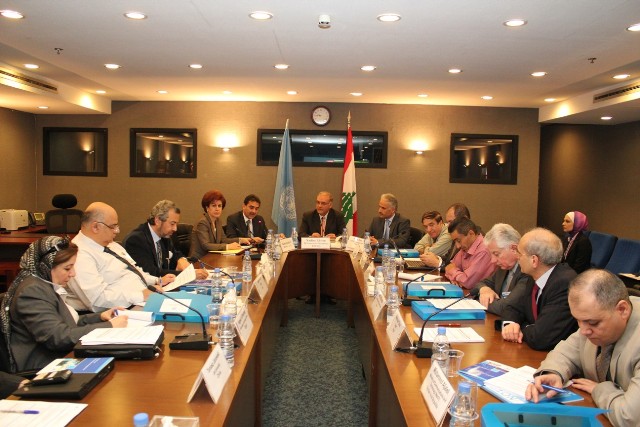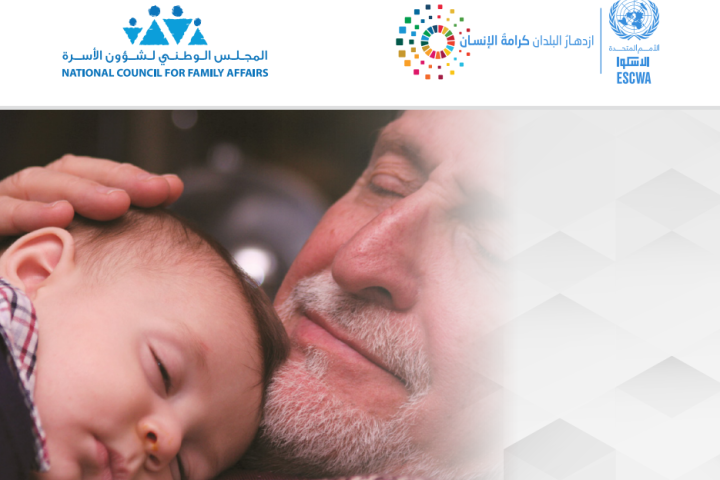ESCWA Deputy Executive Secretary Nadim Khouri today said Information and Communication Technologies (ICTs) played a key role during the Arab spring whether through the communication tools or the online social media. Khouri was addressing the opening session of the sixth meeting of ESCWA Consultative Committee on Scientific and Technological Development and Technological Innovation (ESTIC), held at the UN House, Beirut. He added that Arab people were encouraged to adopt these means to express their ideas freely because the traditional media tools were controlled by the State and subject to strict censorship. Khouri said that despite the efforts exerted by some countries in the region, the digital divide is increasing between most of the Arab countries and the developed ones due to the lack of applications and weakness of the Digital Arabic Content (DAC). He stressed the importance of improving the DAC through converting heritage and knowledge into a digital content to be used by the various means of communication, such as the Internet. He also stressed the need to more utilize the Arabic language in the basic applications used by the governments, as well as the sectors of Education, Health and Trade. “Thus, citizens’ life gets easier, their productivity increases, illiteracy levels decrease, work opportunities are created, and science and knowledge are disseminated through ICTs,” he noted. In his opening statement, Khouri also said, “building an information society and moving towards a knowledge-based economy depend on the provision of political will and taking the necessary decisions to ensure a legislative, scientific and socio-economic environment, in addition to supporting regional cooperation intended to coordinate the concerned plans.” Finally, he relied on the stakeholders’ participation, which would enrich the meeting deliberations and its outcomes, and expressed ESCWA openness to all ideas and suggestions to be discussed.
For his part, ESCWA Director of Information and Communication Technology Division (ICTD) Haidar Fraihat outlined the tasks of ESTIC that includes advising on member countries endeavors to acquire modern technology; proposing ways to promote regional cooperation for the adaptation, transfer, and mastery of technology; advising on ESCWA’s priorities in this area; and following up on related international and regional solutions. “The UN commitment to facilitate the dissemination of science, technology and innovation is based on its conviction of supporting a better and decent life at the international level particularly in the countries lacking basic rights, such as food, water, health, security, information and education,” he added. Fraihat called on joining the efforts exerted by the public and private sectors, communities and governments in order to facilitate the implementation of activities serving sustainable socio-economic development and the achievement of the Millennium Development Goals (MDGs). The sixth ESTIC meeting, which concludes tomorrow by launching of the ESCWA Profile of the Information Society in Western Asia 2011 at 12:45 pm, aims at reviewing the 2010-2011 achievements of ICTD; addressing its work programme for 2012-2013 and its strategic framework for 2014-2015; following-up on Resolution 294 (XXVI) adopted by the 26th ESCWA ministerial session in 2010 with regard to the establishment and statute of the ESCWA Technology Centre (ETC); and providing advisory services to member countries.




